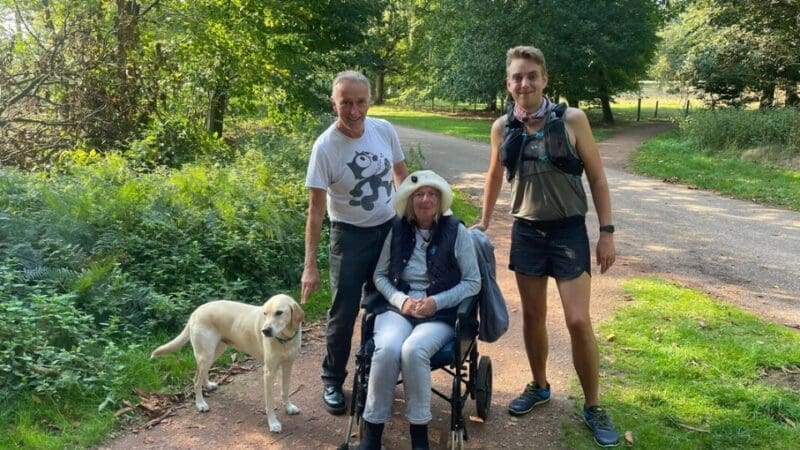Everyone should clean their teeth and mouth twice a day, but a person with dementia may need your support with this. It may be helpful to sit with them while they clean their teeth so you can watch what they’re doing and prompt or help them.
Use a pea-sized amount of toothpaste containing no less than 1450ppm fluoride – this will be marked on the tube.
Make sure you give them clear, short instructions, demonstrating what to do and gently guiding them to clean their mouth and teeth in stages.
Encourage them to spit out the toothpaste rather than rinsing, as the fluoride in the toothpaste will continue to protect their teeth.
It’s important to replace their toothbrush every three months, or sooner if it shows wear.



